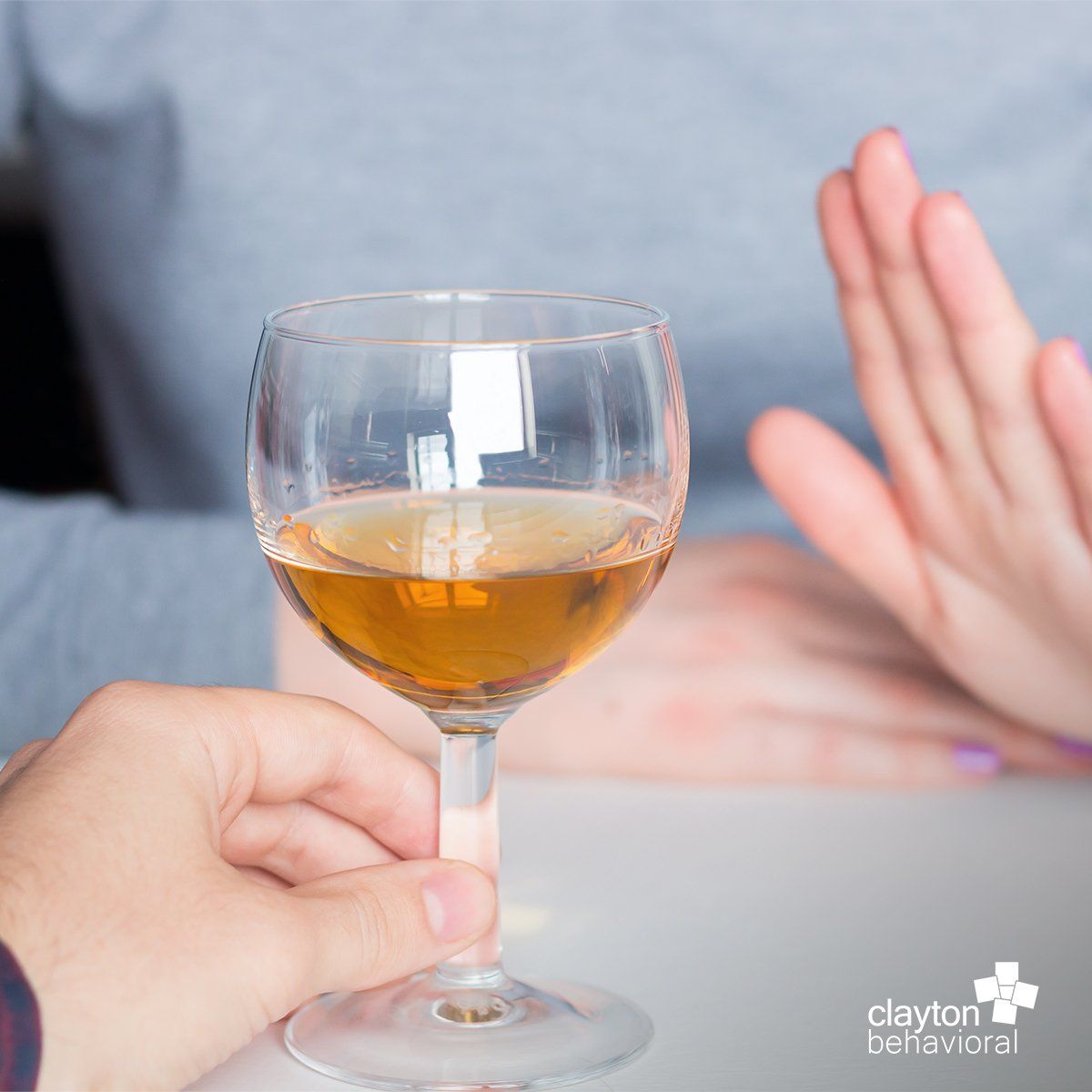Drinking In Moderation: Safe or Deadly?

It’s likely that no one will argue that throwing back one drink after another is bad for your health. But, when it comes to “moderate” drinking—things become a little less black and white.
Despite the fact that there is research to suggest people who drink alcohol such as beer, wine, spirits, etc. have lower rates of heart disease than those who drink heavily (or not at all)—the evidence is still ambiguous.
So, while the research on alcohol consumption may seem like a collection of mixed messages, the key to determining the actual health effects is first to define what drinking in “moderation” entails.
Times Are Changing
Most of us don’t really think twice about a drink or two after a long day at work.
But, should we?
The alcohol industry has long embraced that alcohol in moderation is not only less harmful but could actually be healthy for you. This notion first garnered attention in the early 1990s when 60 Minutes reported on what is called the “French Paradox”—the idea that, despite all the saturated fats in their diet, the French have lower rates of heart disease which were correlated to the compounds in red wine. In decades since, however, the narrative has shifted.
In April of 2018, a meta-study published in the Lancet brought together data from 83 studies in 19 countries, which focused on nearly 600,000 current drinkers to determine what level of drinking presents a risk.
A stark contrast to previous studies, their results suggested that the levels of alcohol previously thought to be relatively harmless are actually linked with an earlier death. In fact, they concluded that drinking more than 100 grams of alcohol—about seven standard glasses of wine or beer —per week was associated with an increased risk of death for all causes.
With this in mind, the study also found that the risk of death increased the more a person drank. Using a mathematical model, they estimated that people who consumed between seven and 14 drinks per week had a lower life expectancy of about six months by age 40; people who drank between 14 and 24 drinks per week had one to two years shaved off their lives; and people who imbibed more than 24 drinks a week had a lower life expectancy of four to five years.
Why Every Sip Matters
According to the founders of AA, attempts at moderation provide the best litmus test for alcoholism. In their view, drinkers that are able to cut back without abstaining are not alcoholics because they haven’t become powerless over alcohol.
However, moderate drinking is a more ambiguous principle. New research on alcohol and mortality combined with an increased awareness about the rise of alcohol-related deaths in the U.S., is causing researchers to re-evaluate the risks of even moderate levels of alcohol consumption.
For example, more than its impact on judgment and social interactions, alcohol also disrupts sleep and can react negatively with certain medications such as acetaminophen, antidepressants, anticonvulsants, painkillers and sedatives.
In the end, given the complexity of alcohol and its effects on different people, blanket recommendations for alcohol consumption aren’t an option. However, there are resources to help you moderate your drinking , along with hands-on options such as treatment programs , therapy and counseling.
If you think you or someone you know may be affected by alcoholism or another type of substance abuse, please contact us for a confidential individual or family consultation at 314-222-5830, visit our website or send us an email for more information.









